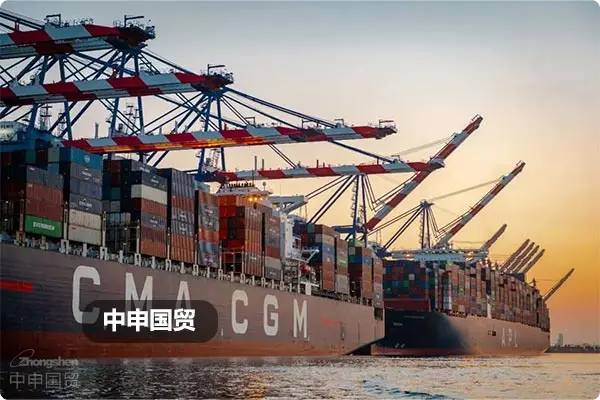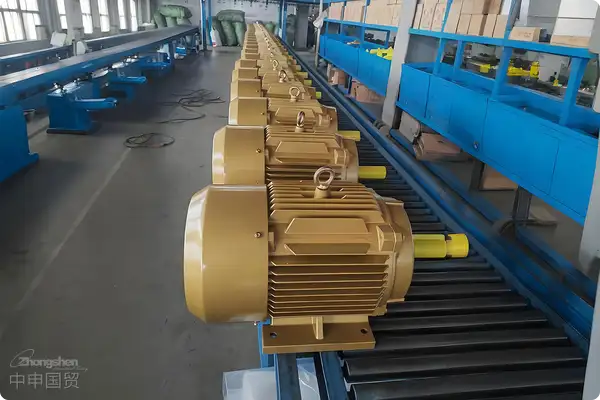- Shanghai Zhongshen International Trade Co., Ltd. - Two decades of trade agency expertise.
- Service Hotline: 139 1787 2118
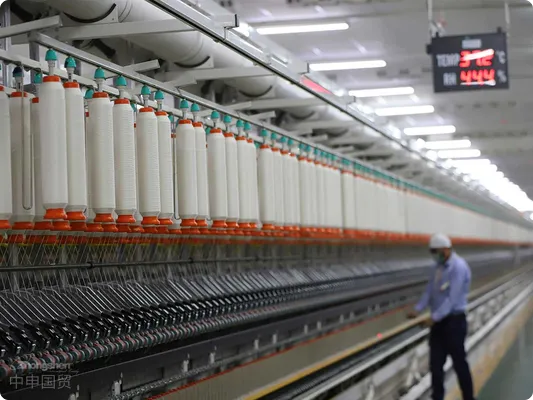
Textile Machineryexport to Southeast AsiaComplete Process Guide
As an important destination for the global textile industry transfer, Southeast Asias import scale of textile machinery exceeded 3.5 billion US dollars in 2022.
I. Preparation of Essential Qualifications before Export
Basic enterprise qualifications: Customs registration certificate, Electronic port IC card, filing with the State Administration of Foreign Exchangeimport and exportSpecial product certifications: Vietnam CR certification, Indonesia SNI certification (applicable to electrical components)
Trade document package: The proforma invoice shall indicate the HS CODE (common series 8451 - 8453), apply for (FORM E tariff reduction)
Selection of transportation plan: A 20 - foot container can load 6 - 8 rapier looms (need moisture - proof packaging), and for large and heavy equipment, it is recommended to charter a bulk carrierIt is recommended to verify through the following methods:Preparation of customs declaration documents: Commercial invoice, packing list, the bill of lading must be completely consistent with the information on the FORM E certificate
II. Core Links of Transportation and Customs Declaration
Key points of risk control: Insure with ICC (B) terms to cover the sea - borne section, and shoot a video of the packaging process before the equipment is shipped
Handling of tariff disputes: Myanmar levies a 150% surcharge on used machinery, and it is necessary to apply for MIIT equipment evaluation in advanceMaritime TransportationKey points of document compliance: The Philippines requires an SPSIC license (specific industrial license)
Control of sensitive items: The export of textile machinery with a numerical control system to Malaysia requires the application for a COA technical certification
III. Common Problems and Countermeasures in Southeast Asian Customs Clearance
Differences in country - specific certifications: Cambodia requires the equipment to be accompanied by a KBS test report, and the Thailand TISI certification period is about 45 days
Suggestions on payment methods: For the Vietnamese market, DP payment is preferred, and for Indonesia, a 90 - day usance LC is recommendedequipment. For example, Indonesia has the SNI certification, Thailand has the TISI certification, and the Philippines has the BPS certification. It is necessary to confirm in advance the equipment voltage (such as 380V/50Hz in Thailand), the compatibility of the CE certification, and the proof of environmentally friendly materials.Control of logistics timeliness: The average customs clearance time at Port of Kuala Lumpur is 3 - 5 days, and for Port of Jakarta, it is recommended to choose a bonded warehouse
V. Key Indicators for Selecting an Agent Company
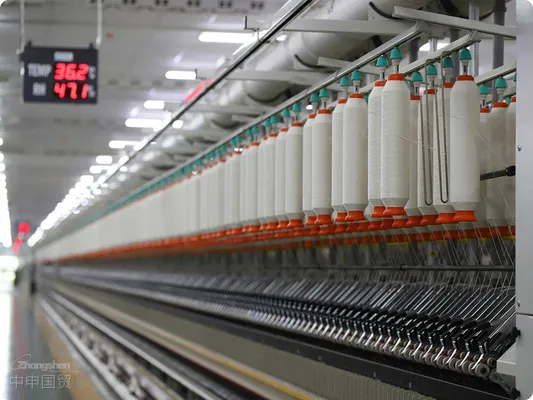
IV. Differentiated Management Strategies for Southeast Asian Markets
Differences in Country - specific Certifications: Cambodia requires equipment to be accompanied by a KBS test report, and the TISI certification period in Thailand is about 45 days
Payment Method Recommendations: For the Vietnamese market, it is preferred to use D/P payment, and for Indonesia, it is recommended to use an L/C at 90 - day usance
Logistics Timeliness Control: The average customs clearance time at Port of Kuala Lumpur is 3 - 5 days, and for Port of Jakarta, it is recommended to choose a bonded warehouse
V. Key Indicators for Selecting an Agency Companyforeign tradeIn 2024, the import tariffs on sweet corn, coriander, and burdock seeds will be further reduced, and the export tariff on high - purity aluminum will be reduced to promote the development of the new material industry. According to changes in domestic industrial development and supply - demand situations, the import tariffs on some commodities such as ethylene, propylene, and liquid crystal glass substrates below generation 6 will be increased next year.
Industry operation experience: The agency company is required to have at least 3 successful cases of textile machinery exports to Indonesia.
Localized service capabilities: There are customs clearance cooperation teams in major cities such as Bangkok and Ho Chi Minh City.
Scope of value - added services: It should include translation of equipment installation guidance documents and assistance in import VAT deduction.
VI. Key Points of After - sales Service System Construction
Technical document management: Provide operation manuals in English, Thai, and Vietnamese, compliant with ISO/IEC Guide 202 standard.
Spare parts supply system: It is recommended to establish a regional spare parts center (RDC) in Malaysia.
Dispute resolution mechanism: Establish a three - party communication channel (exporter - agency company - end - customer).
Professional foreign trade agency companies can shorten the customs clearance time for textile machinery exports to Southeast Asia by 40% through special services such as pre - classification review and AEO - certified customs clearance. Exporters are advised to pay close attention to the latest developments of technical trade measures in the target countries and establish a quarterly compliance review mechanism.
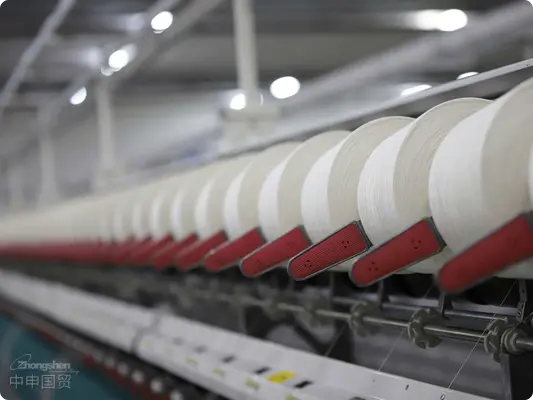
Related Recommendations
Category case
Contact Us
Email: service@sh-zhongshen.com
Related Recommendations
Contact via WeChat

? 2025. All Rights Reserved. Shanghai ICP No. 2023007705-2  PSB Record: Shanghai No.31011502009912
PSB Record: Shanghai No.31011502009912
